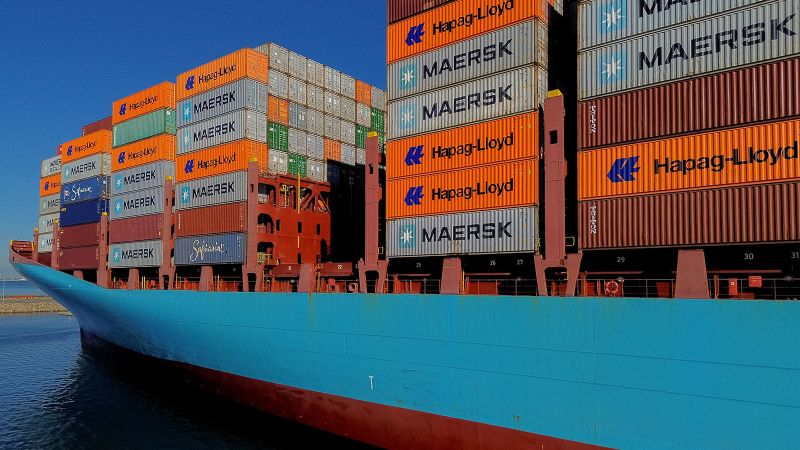
Impact of High Tariffs on Job Losses in Certain Industries
Politics | 9/9/2025
President Donald Trump’s imposition of high tariffs on imported goods has had a significant impact on industries exposed to these tariffs, resulting in job losses. The tariffs were implemented as part of an effort to boost American manufacturing. However, the consequences for certain industries have been job cuts rather than growth.
The tariffs have particularly affected industries that rely heavily on imported materials, such as steel and aluminum. As a result, companies within these sectors have been forced to downsize their workforce to mitigate the increased costs brought about by the tariffs. This trend has led to a decline in job opportunities within these tariff-exposed industries.
A White House official, speaking on condition of anonymity, defended the tariffs as necessary measures to protect American businesses and workers. However, critics argue that the job losses in these industries underscore the negative impact of the tariffs on the economy. They point to the fact that job losses have outweighed any potential benefits in terms of boosting domestic manufacturing.
The ongoing job losses in tariff-exposed industries raise concerns about the long-term viability of these sectors and the well-being of workers employed in them. Economists warn that if the trend continues, it could lead to further economic challenges as companies struggle to remain competitive in the face of rising costs.
In conclusion, the implementation of high tariffs by President Trump, aimed at revitalizing American manufacturing, has had unintended consequences for industries reliant on imported materials. The job losses within these tariff-exposed sectors highlight the complex economic ramifications of such policies and raise questions about their efficacy in achieving the desired goals of economic revitalization.


